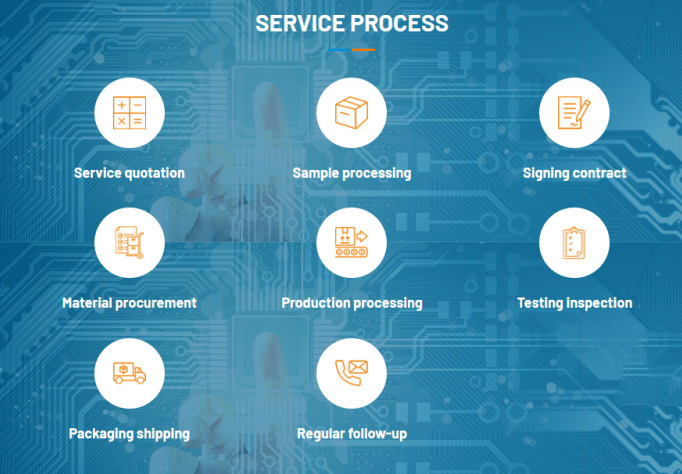
Delivery management refers to the process of efficiently managing and organizing the delivery of goods or services to customers. It involves overseeing all aspects of the delivery process, from tracking inventory, organizing transportation, and ensuring timely and accurate delivery.
Effective delivery management is crucial for businesses as it directly impacts customer satisfaction and loyalty. A well-managed delivery system ensures that products or services reach customers in a timely manner, minimizing delays and errors. By providing a seamless delivery experience, businesses can enhance their reputation and build customer trust.

One key aspect of delivery management is inventory management. It involves monitoring and tracking stock levels to ensure that there is sufficient inventory available to meet customer demand. This requires implementing systems and tools that enable real-time visibility into inventory levels, allowing businesses to restock when necessary and avoid stockouts.
Another important aspect of delivery management is route optimization. This involves planning the most efficient delivery routes to minimize travel time and costs. By optimizing routes, businesses can reduce fuel consumption, lower transportation expenses, and improve delivery speed. This can be achieved through the use of advanced routing software that considers factors such as traffic conditions, delivery priorities, and vehicle capacities.
Tracking and monitoring are crucial for effective delivery management. Businesses need to have real-time visibility into the location and status of their deliveries. This can be achieved through the use of GPS tracking systems or delivery management software. By tracking deliveries, businesses can proactively address any issues or delays, ensuring that customers are kept informed and satisfied.
Delivery management also involves effective communication and coordination among all stakeholders. It is important for businesses to have clear communication channels with delivery personnel, suppliers, and customers. This ensures that everyone is on the same page regarding delivery schedules, requirements, and any potential issues. Effective coordination among stakeholders helps to prevent miscommunication and ensures that deliveries are executed smoothly.
Lastly, delivery management should also include a system for customer feedback and complaint resolution. Businesses should provide customers with channels to provide feedback on their delivery experience and address any complaints promptly. This feedback can be used to identify areas for improvement and enhance the overall delivery process.
In conclusion, delivery management plays a crucial role in ensuring smooth and timely delivery of goods or services to customers. It involves inventory management, route optimization, tracking and monitoring, effective communication, and customer feedback. By implementing effective delivery management practices, businesses can enhance customer satisfaction, build loyalty, and improve overall operational efficiency.

Service hotline:

Service hotline:

Switchboard:

Fax:
+86-020-82515991

Email:
Copyright @ 2022 Guangzhou Sabo Electronic Technology Co., Ltd.














